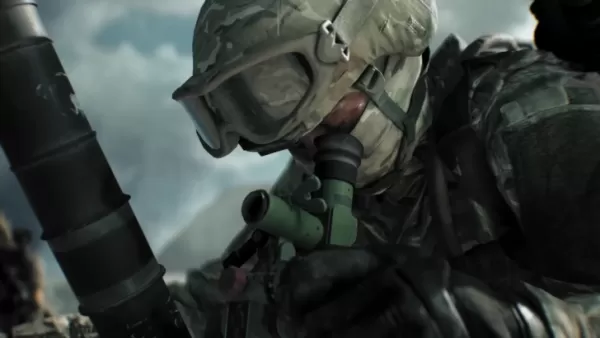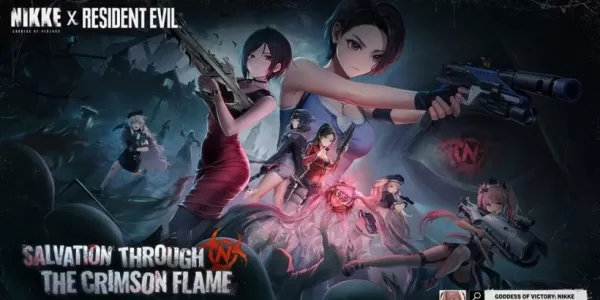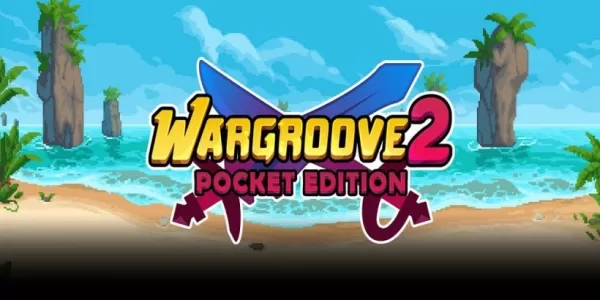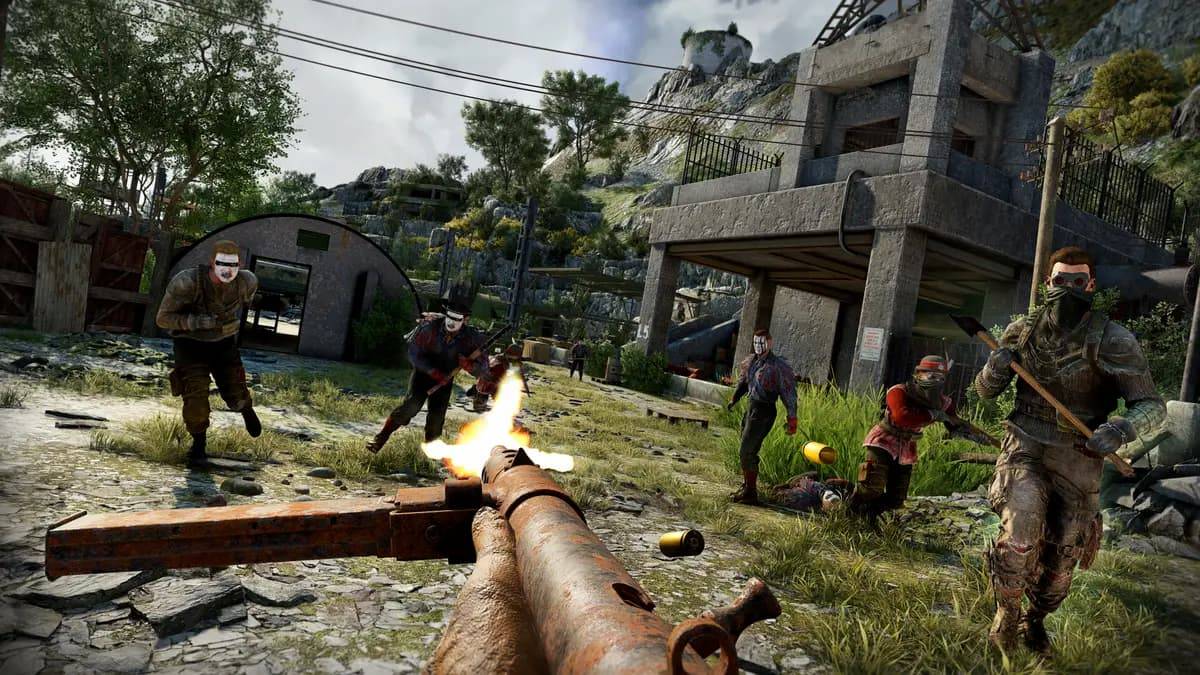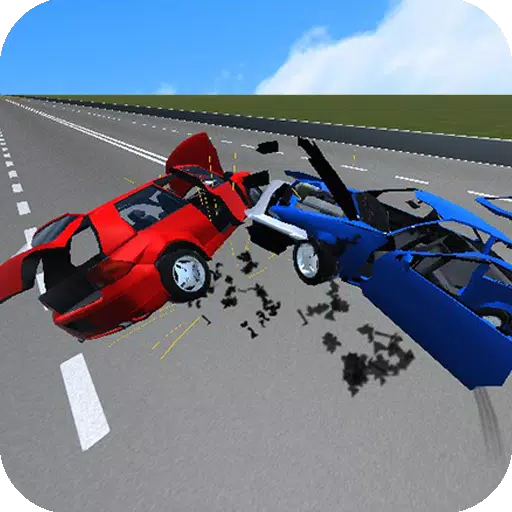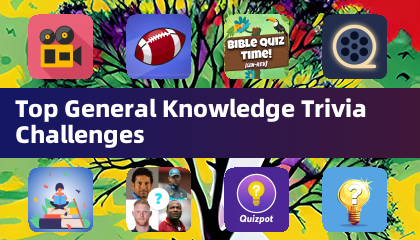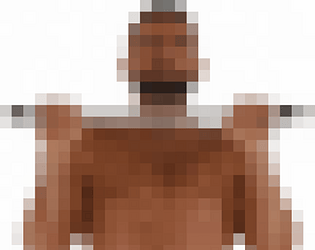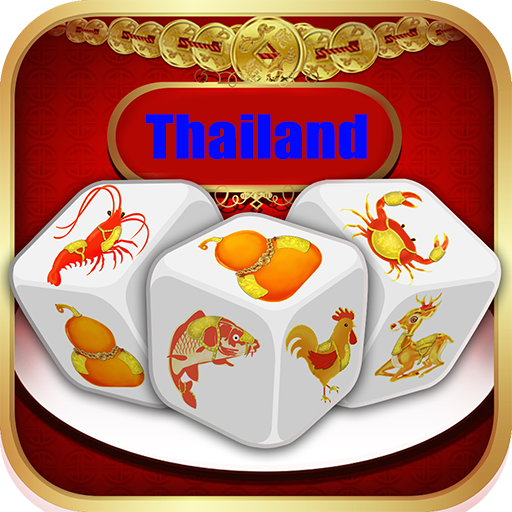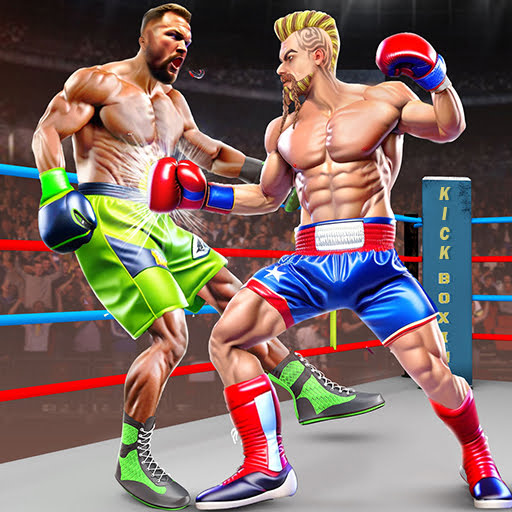The God of War series has captivated players across four generations of PlayStation consoles. When Kratos embarked on his vengeance-fueled journey in 2005, few could have predicted the evolution of the series over the next two decades. While many long-running franchises struggle to remain relevant, God of War has thrived by embracing change. The most notable transformation occurred with the 2018 reboot, which shifted Kratos from the world of Ancient Greece to the rich tapestry of Norse mythology. This change not only altered the setting but also revamped the gameplay and narrative style. However, even prior to this acclaimed reboot, Sony Santa Monica made numerous smaller yet significant adjustments that helped sustain the series' vitality.
For God of War to continue its success, reinvention remains crucial. The transition to Norse mythology was accompanied by director Cory Barlog's vision of exploring other mythological realms like Egyptian and Mayan cultures. Recent rumors of an Egyptian setting have sparked excitement among fans, drawn by the allure of its unique culture and mythology. Yet, a new setting is just the beginning. The next chapter of God of War must build on the successful elements of the Greek trilogy while pushing the boundaries, much like the Norse games did.
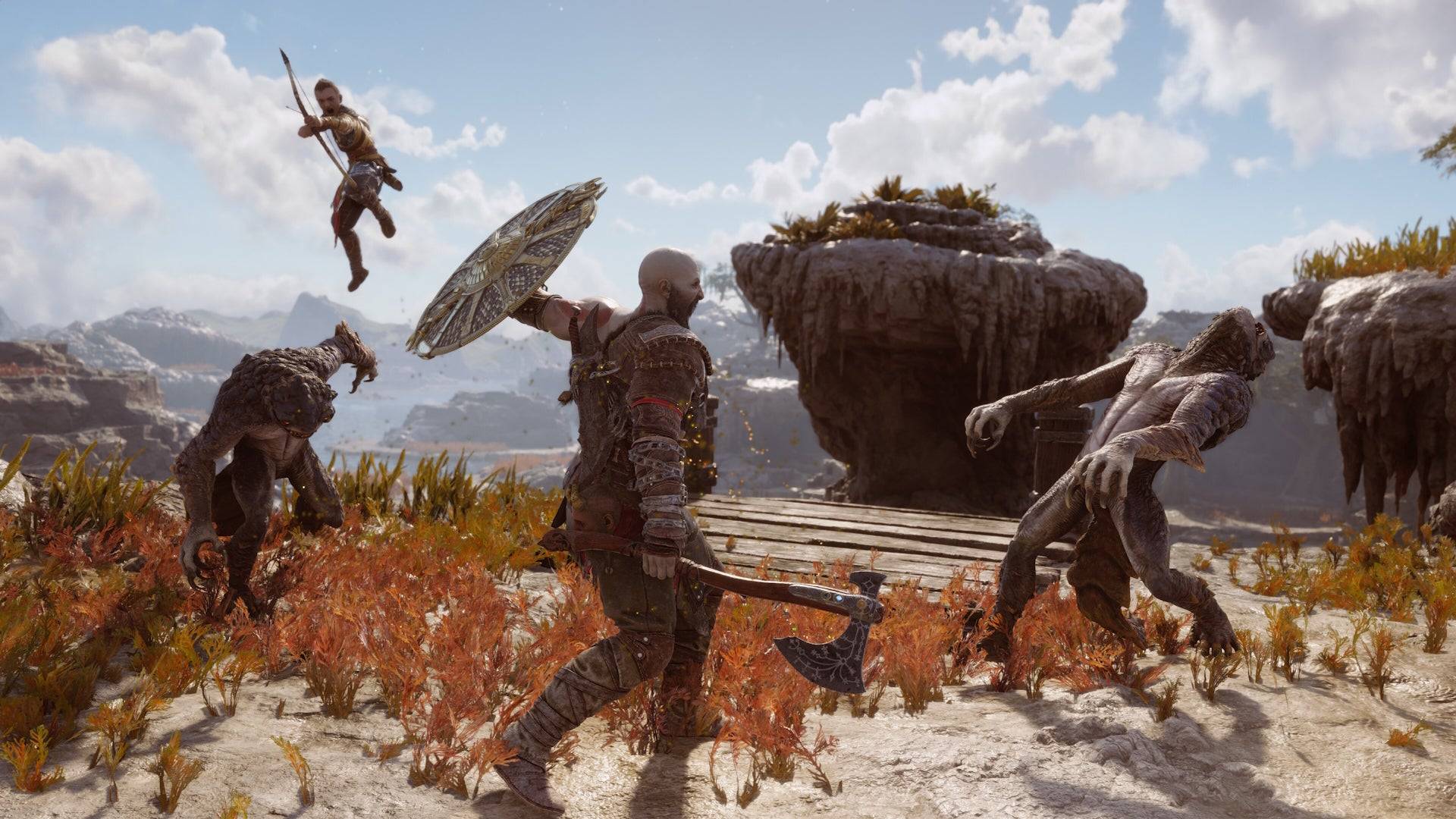
The series has consistently evolved with each new entry. The original Greek trilogy, spanning a decade, refined its hack-and-slash gameplay, culminating in a polished experience by the time of God of War 3. This final installment, designed for the PlayStation 3, introduced a revamped magic system and a greater variety of enemies, enhanced by the console's superior power and new camera angles that showcased its graphical prowess.
The 2018 reboot marked a shift away from some elements of the Greek trilogy, notably the platforming and puzzle sections. The new over-the-shoulder camera perspective necessitated a change in approach, with puzzles being adapted to fit the adventure-first design of the Norse games.
The release of Valhalla, a roguelike DLC for God of War Ragnarök, saw the return of battle arenas, a feature beloved from the original series but absent in the 2018 reboot. This return was not only a mechanical nod to the past but also mirrored in the story, where Kratos confronts his Greek roots, bringing his journey full circle.
The Norse era introduced innovative mechanics such as the Leviathan Axe's throwing mechanics, a combat-defining parry system with various shield types, and a magical spear in Ragnarök for faster, explosive attacks. These new elements facilitated exploration across the Nine Realms, each with unique foes and environments.
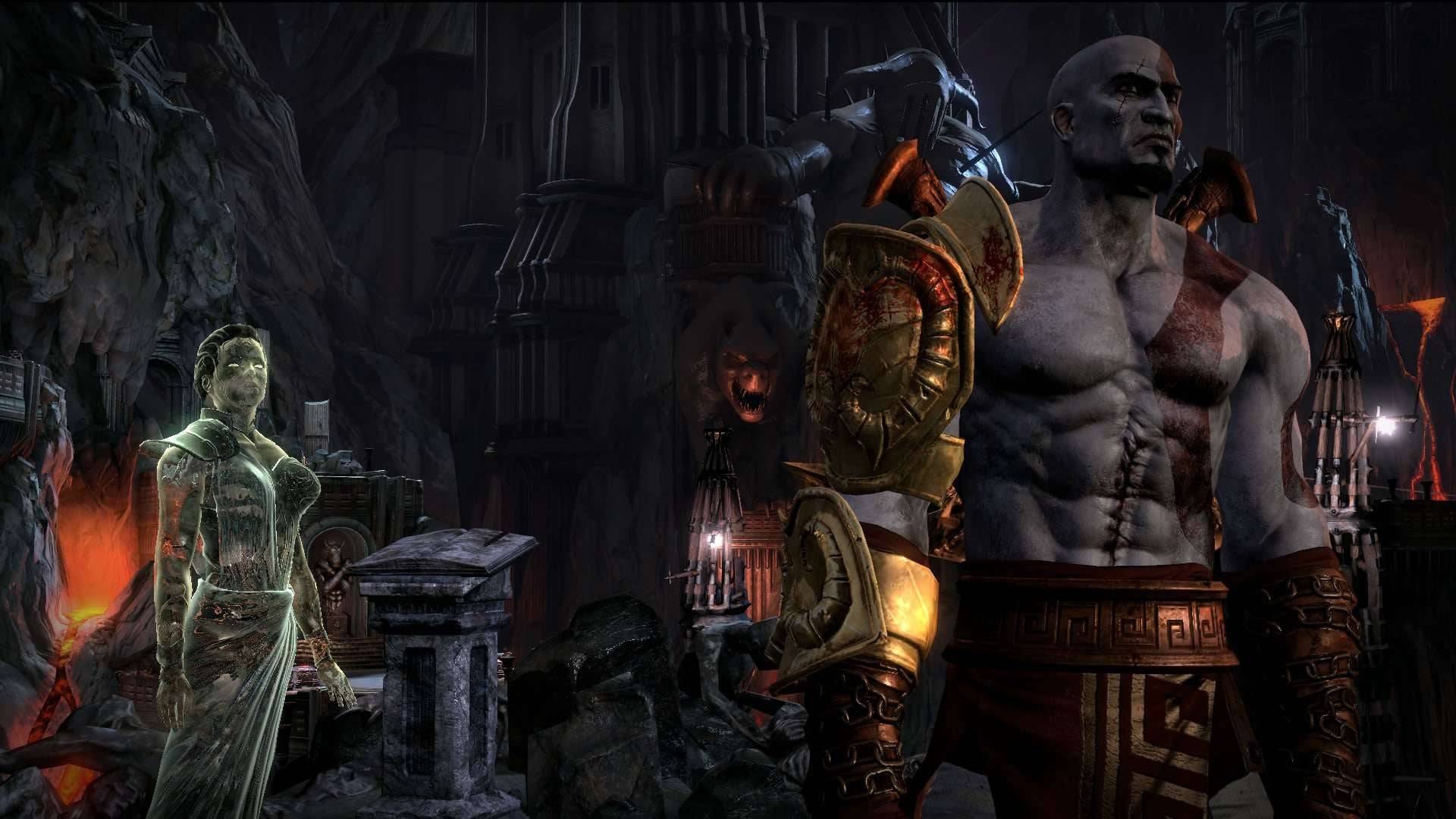
While gameplay changes are evident, the narrative evolution from the Greek trilogy to the Norse duology is profound. The Norse games delve into Kratos' emotional journey, exploring his grief over his late wife and his complex relationship with his son, Atreus. This shift to a more emotive storytelling approach has been key to the Norse era's critical and commercial success.
God of War's shift in mechanical and narrative design reflects a unique approach to franchise development. The creators view the Norse games not as traditional sequels but as extensions of Kratos' journey, a perspective that should guide future installments.
The example of Assassin's Creed illustrates the challenges of reinvention. While profitable, the series has struggled to maintain fan loyalty across generations. The shift to an open-world RPG with Assassin's Creed Origins diluted the series' connection to its assassin roots, leading to a more divisive reception with each new game. Recent efforts like Assassin's Creed Mirage, a return to the series' Middle Eastern roots, and Assassin's Creed Shadows, focusing on stealth, aim to reconnect with the series' foundational elements.
God of War's successful reinvention lies in its ability to maintain the core elements that made it compelling—the intense combat and Kratos' character—while introducing new features that enhance the experience. Future games, whether set in Egypt or elsewhere, must continue this trend, building on the series' strengths.
As we look to the future, the next God of War game will likely be judged on its storytelling prowess, the true highlight of the Norse duology. Kratos' transformation from a rage-driven warrior to a nuanced father and leader underscores the importance of narrative in the series' recent success. The upcoming game must leverage this strength while introducing bold innovations, aiming to be the defining achievement of the next era of God of War.


